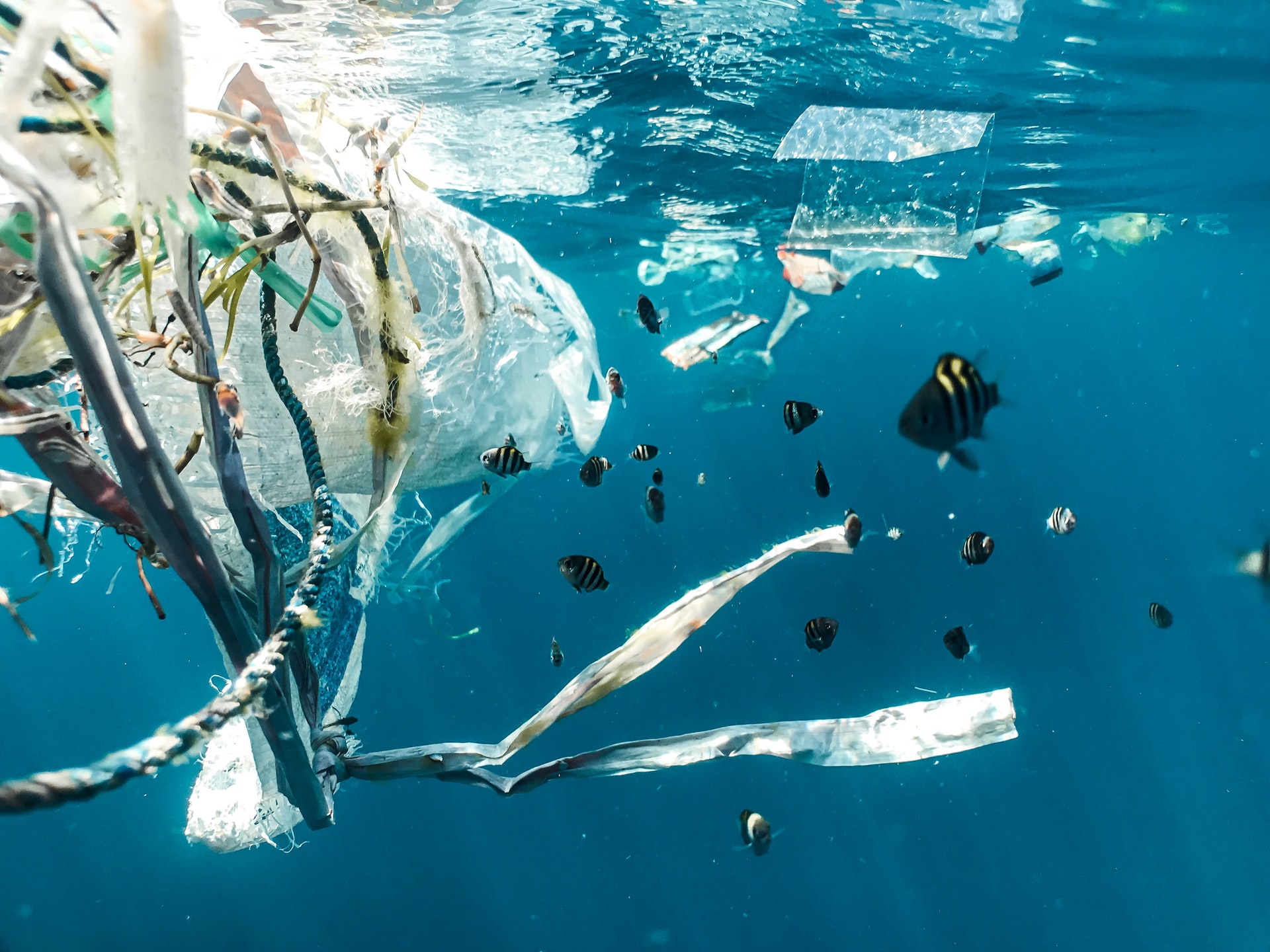Micro Plastic Particles Found in Meat in Holland
Researchers working at Vrije Universiteit Amsterdam, commonly known as VUA in the Netherlands, have discovered that there are micro plastic particles in food items sold at Dutch supermarkets.
Generally, the growing contamination of plastic in seas and oceans is increasing and harming the ocean’s marine life too. On the face of it, it can certainly be concerning. We know that we are not supposed to eat plastics, we do not need that type of material within our system.
Researchers are looking into how harmful it might be and they have been studying how prevalent it has been in marine life.
Let us take a look at the latest research in Holland.
From Studies about Micro Plastic Particles in Marine Life to Land Roaming Animals
The researchers at the VUA have found microplastic contaminants in pigs, pork, the blood of cows, and even in Dutch food products. Furthermore, the contamination has spread to the milk products sold in Dutch markets.
The plastic micro-particles were found in almost three parts of the milk and meat products. Moreover, the presentation was also tested in all parts of animal feed, and almost all animal feed samples contained these microparticles. As a part of the study, the team used almost 12 samples of each cow and pig blood, and all of these tested positive. The samples contained materials like polystyrene and polyethylene.
When the meat and pork samples were analyzed, 7 out of 8 meat samples and almost 5 out of 8 pork samples were contaminated with micro particles of plastic contaminants.
Micro Plastic Particles and Effects on Animal Health
The research shows no known effects of these plastic micro-particles on human and animal health. However, it is known that these micro particles of plastic can harm human cells in vitro. It is important to note here, the key term, known effects. Foreign materials within a specific ecosystem, usually have varying impacts on the system.
While there may not be known and direct effects that are clear at this time, we may have knowledge of it at a later date.
Furthermore, the exposure of these particles through the air to humans and animals has led to multiple deaths. Hence, we can conclusively state that these plastic micro-particles have a negative impact on humans and farm animals.
Plastic microparticles are the final form of plastic dumped in lakes, oceans, and seas. These particles are sourced through fabrics, straws, plastic masses, and many other types of goods. So when the researchers find out the amount of blood content, they measure the plastic micro particle content from all resources such as air, river, water, etc.
Although animal samples from other countries have not been analyzed, there are reports of microscopic particles of plastic in milk purchased in Switzerland and France in 2021. In addition, all countries have likely been exposed to these particles.
Plastic Minimization is Probably a Good Thing
While the researchers are still conducting studies, it is important to note that these microplastic particles can have disruption within the system. They can get stuck within our systems and create problems, more researchers may continue to invest more time in understanding the gravity of the impact.
Therefore, there should be efficient policies to restrict the dumping of plastic into oceans and seas. This is because these particles also enter our bodies, and we can be victims. Hence, getting rid of or limiting it should be our foremost priority.

